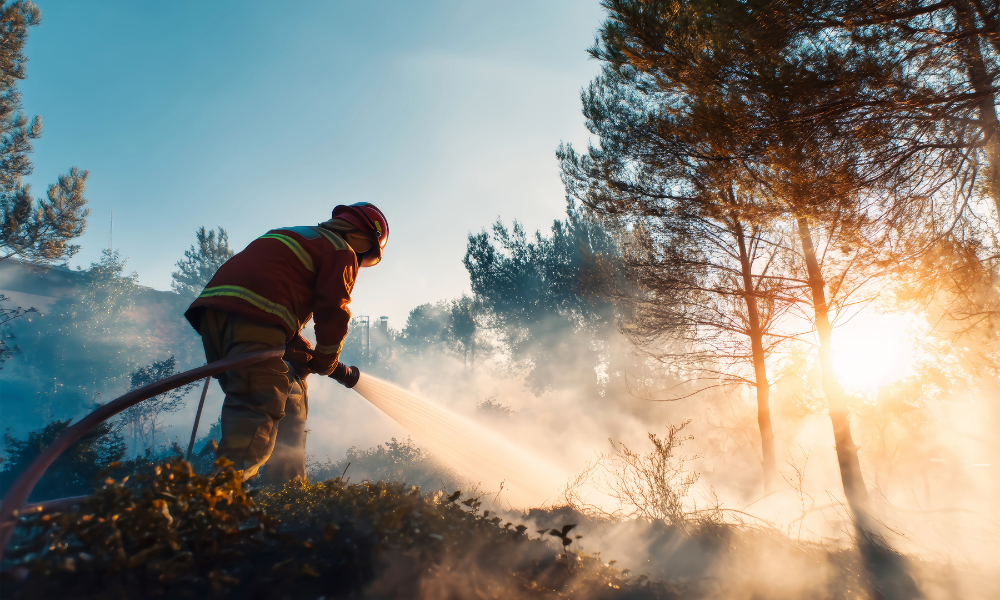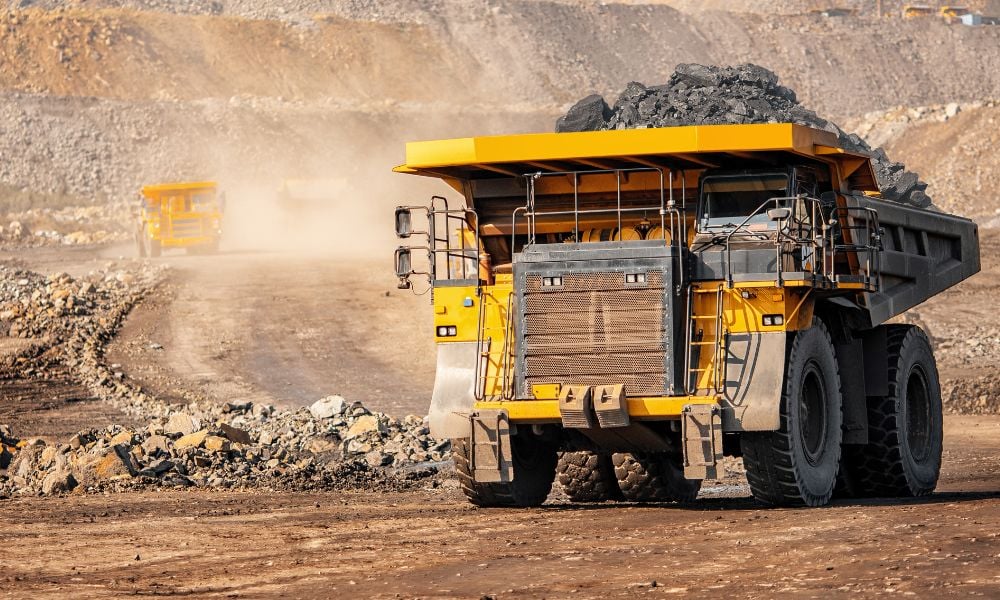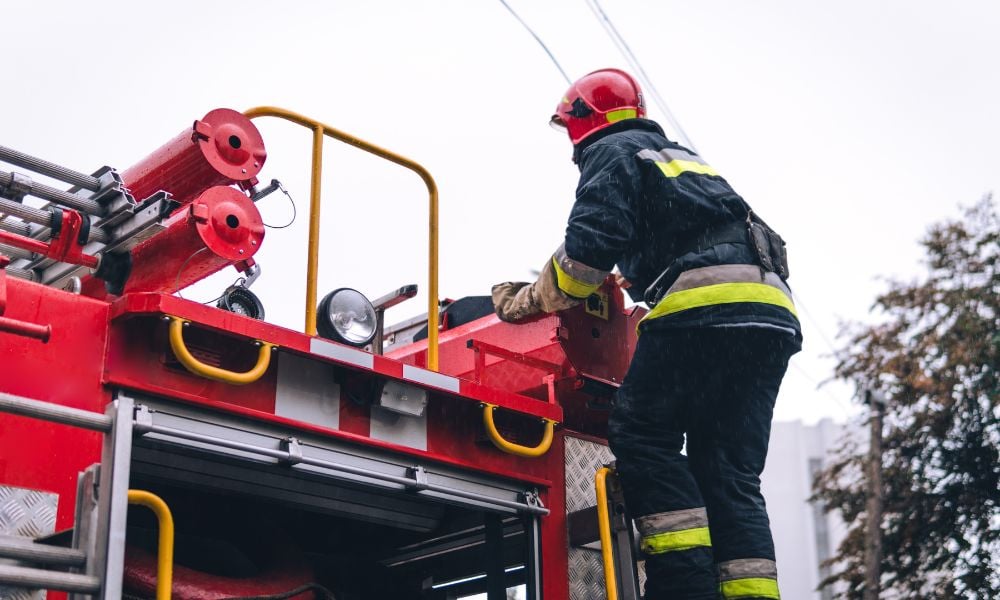Employer must pay nearly $100,000

British Columbia employer Bay Hill Contracting Ltd. has been fined $98,695.31 following a gas leak at one of its worksites.
The incident occurred in Surrey, where the firm’s excavator struck and damaged an underground gas line, resulting in a leak.
WorkSafeBC inspected the site after the incident and determined that the firm had not reviewed the BC 1 Call documentation.
“Important infrastructure, including telecommunication cables, electricity wires, natural gas lines, water mains and sewer lines, are often buried underground,” according to the B.C. government. “By clicking or calling BC 1 Call before beginning any excavation project, British Columbians can ensure safety and prevent possible interruption of services.”
WorkSafeBC also found that Bay Hill Contracting had not completed hand-digging to determine the precise location of the underground utility.
“The firm failed to accurately determine the location of all underground utilities before excavating with powered equipment. This was a repeated and high-risk violation,” said WorkSafeBC.
Why are gas leaks dangerous?
According to the Canadian Centre for Occupational Health and Safety (CCOHS), gas or vapour may travel a considerable distance to a source of ignition and flash back to the leak or open container
“Gas or vapour may accumulate in hazardous amounts in low-lying areas especially inside confined spaces, resulting in a health hazard,” it said.
These gases can displace oxygen in the air, potentially causing suffocation, the independent departmental corporation warned.
“Direct addition of water to liquefied gas will cause flash vapourization resulting in an explosion (either immediately or delayed) known as a ‘boiling liquid, expanding vapour explosion (BLEVE)’. Heat from fire can cause a rapid build-up of pressure inside cylinders. Explosive rupture and a sudden release of large amounts of gas may result. Cylinder may rocket,” said CCOHS.
“In a fire, the following hazardous materials may be generated: very toxic carbon monoxide, carbon dioxide.”





